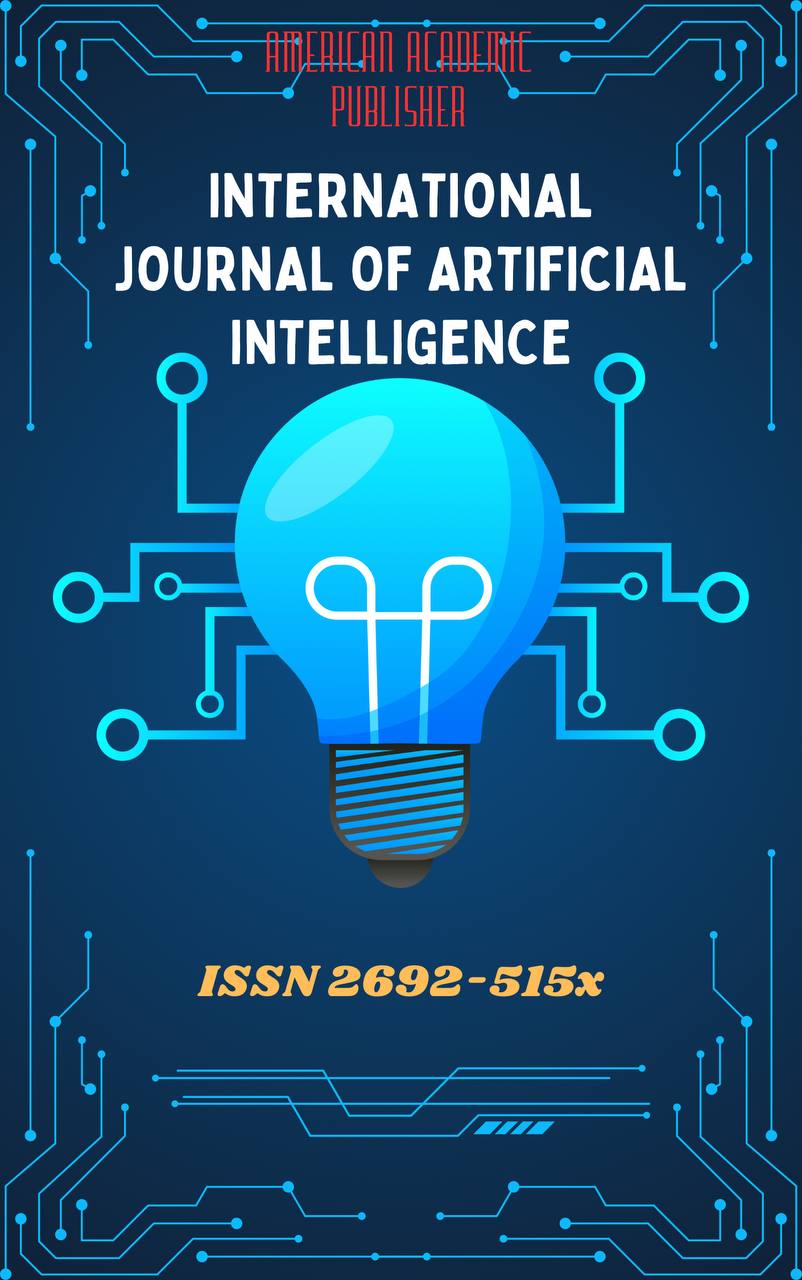 Articles
| Open Access |
Articles
| Open Access | ARTIFICIAL INTELLIGENCE TECHNOLOGIES IN EDUCATION: BENEFITS AND CHALLENGES
D.R. Akabirhodjaeva , Associate Professor of the University of World Economy and Diplomacy, PhD in Physics and MathematicsAbstract
The article analyzes the impact of artificial intelligence on education. The article reveals the history of artificial intelligence development, provides a wide range of AI solutions aimed at improving the quality of education and optimizing educational processes, as well as the advantages and disadvantages associated with the introduction of AI in higher education. In addition, the article focuses on the future of AI use, changes in the role of the teacher, and the ethical aspects of AI use.
Keywords
Artificial intelligence, integration into education, advantages of AI, ethical issues, social inequality, structure of educational programs, critical thinking, creativity.
References
[1] A. G. Masalov, “Development of information technologies as a factor in the transformation of education. ” pp. 251–255, 2015.
[2] K.A. Meteshkin , “The Problem of Creating Training Systems with Hybrid Intelligence,” Vol. 4, No. 14, pp. 13–18, 2001.
[3] R. Aliabadi, A. Singh, and E. Notes Data Eng. Commun. Technol. , vol. 190, pp. 137–151, 2023, doi: 10.1007/978-981-99-7947-9_11.
[4] I. Borkovska, H. Kolosova, I. Kozubska, and I. Antonenko, “DOI: https://dx.doi.org/10.24093/awej/ChatGPT.3,” April, pp. 56–72, 2024.
[5] D. Akabirkhodjaevа, “Information And Communication Technologies As A Factor Of Fundamental Changes In The Educational Process Of UWED”, International Relations: Politics, Economics, Law, pp. 78-85, 2019(1).
[6] O. Pyrnova, R. Zaripova , “Artificial Intelligence Technologies in Education,” Vol. 10, No. 3, pp. 41–44, 2019.
Article Statistics
Downloads
Copyright License

This work is licensed under a Creative Commons Attribution 4.0 International License.

